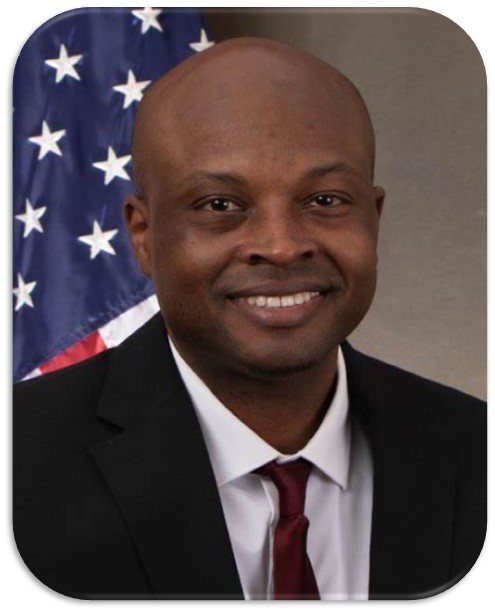Water Resources Engineering

The Civil and Environmental Engineering Department is at the forefront of tackling some of today’s biggest water-related challenges through cutting-edge research in Hydrology and Water Resources Engineering. Our faculty and researchers work on real-world problems that impact communities, such as flood risk, water quality, sea level rise, and coastal restoration. Using advanced hydrologic and hydrodynamic modeling, we develop innovative ways to predict and manage extreme weather events, reduce flood damage, and ensure sustainable water management for the future.
One of the most exciting aspects of our research is its focus on helping communities become more resilient to water-related hazards. We harness the power of AI and machine learning to develop groundbreaking solutions, like vision-based flood monitoring systems and autonomous vehicles for disaster response. Our team also improves mathematical modeling techniques to better understand how engineering structures and human activity affect rivers, coastlines, and ecosystems.

Our work is supported by major funding agencies, including the National Science Foundation (NSF), NOAA, and the U.S. Army Corps of Engineers (USACE). We also collaborate closely with Louisiana state agencies, such as the Coastal Protection and Restoration Authority (CPRA) and the Governor’s Office of Homeland Security & Emergency Preparedness (GOHSEP), as well as local governments and water management organizations. These partnerships ensure our research makes a real difference in protecting communities and shaping the future of water resources management.

If you're passionate about solving environmental challenges, using cutting-edge technology, and making an impact, we invite you to be part of our research community!
Our research group plays a leading role in key research centers and institutes at the UL Lafayette, including the Institute for Coastal and Water Resilience (ICaWR: https://coastalresearch.louisiana.edu/) and the Watershed Flood Center (LWFC: https://floodcenter.louisiana.edu/)

The following are the key examples of our externally-funded research portfolio:
- Reversing Disproportionate Impacts of Hydroclimatic Extremes in Water-Rich Regions via Justice-Minded Research and Collaborative Adaptation Planning (https://louisiana.edu/news/58m-nsf-funded-project-tackles-impacts-gulf-climate-extremes). Sponsored by the National Science Foundation ($5.8M). PI: Emad Habib. Co-PIs: Robert Miller and Mohamed Elsaadani. https://www.nsf.gov/awardsearch/showAward?AWD_ID=2418434
- A Collaboratively Designed and Managed Flood Resilience Framework for Affected Communities in the Caribbean Region (https://louisiana.edu/news/researchers-study-flood-resilience-caribbean-international-grant). PI: Emad Habib. Sponsored by the National Science Foundation ($697K). https://new.nsf.gov/news/nsf-neh-partner-funding-agencies-seven-countries
- Louisiana Watershed Initiative (LWI) https://watershed.la.gov/modeling-program. Sponsored by US Department of Housing and Urban Development (HUD) – LA Office of Community Development (OCD). PI: Emad Habib, Co-PIs: Robert Miller, Mohamed Elsaadani, and Haitham Saad. ($2.9M).
- Enhancing Community Engagement in Flood Mitigation via Integrated Hydrodynamic Modeling and Socio-Economic Risk Assessment. https://ourfloodrisk.org. Sponsored by the National Science Foundation ($150K). PI: Emad Habib, Co-PIs: Mohamed Elsaadani.
- Advancing Flood Monitoring and Modeling in Coastal Watersheds Using Unmanned Aerial Vehicle Technologies. Sponsored by: Louisiana Board of Regents ($450K). PIs: Emad Habib & Mohamed Elsaadani.Managed Aquifer Storage and Recovery in Coastal Louisiana. www.recharge-louisiana.org. Funding Agency: National Oceanic and Atmospheric Administration (NOAA) ($188K). PI: Emad Habib.
- The Mississippi River Delta Transition Initiative (MissDelta). Sponsored by: National Academies of Science ($277K). PI: Robert Miller.
- The Atchafalaya Master Plan. Sponsored by: Louisiana Coastal Protection and Restoration Authority ($169K). PI: Robert Miller.
- Multiscale Modeling for Ecohydrological Sustainability of the Atchafalaya Basin Continuum. Funding Agency: NOAA Louisiana Sea Grant ($174K). PIs: Robert Miller, Emad Habib.
Our Water Resources Research group has ongoing opportunities for research collaboration, including funded Research Assistant positions for graduate and undergraduate students. If interested, please contact our research group to learn.


Dr. Emad Habib, P.E Dr. Robert L. Miller, P.E.
Hydrology and Water Resources Engineering Coastal and River Hydrology; Mathematical Modeling
Email: emad.habib@louisiana.edu Email: robert.miller@louisiana.edu
Research Gate page || Google Scholar page Research Gate Page || Mississippi River Commission
